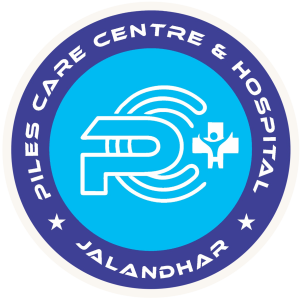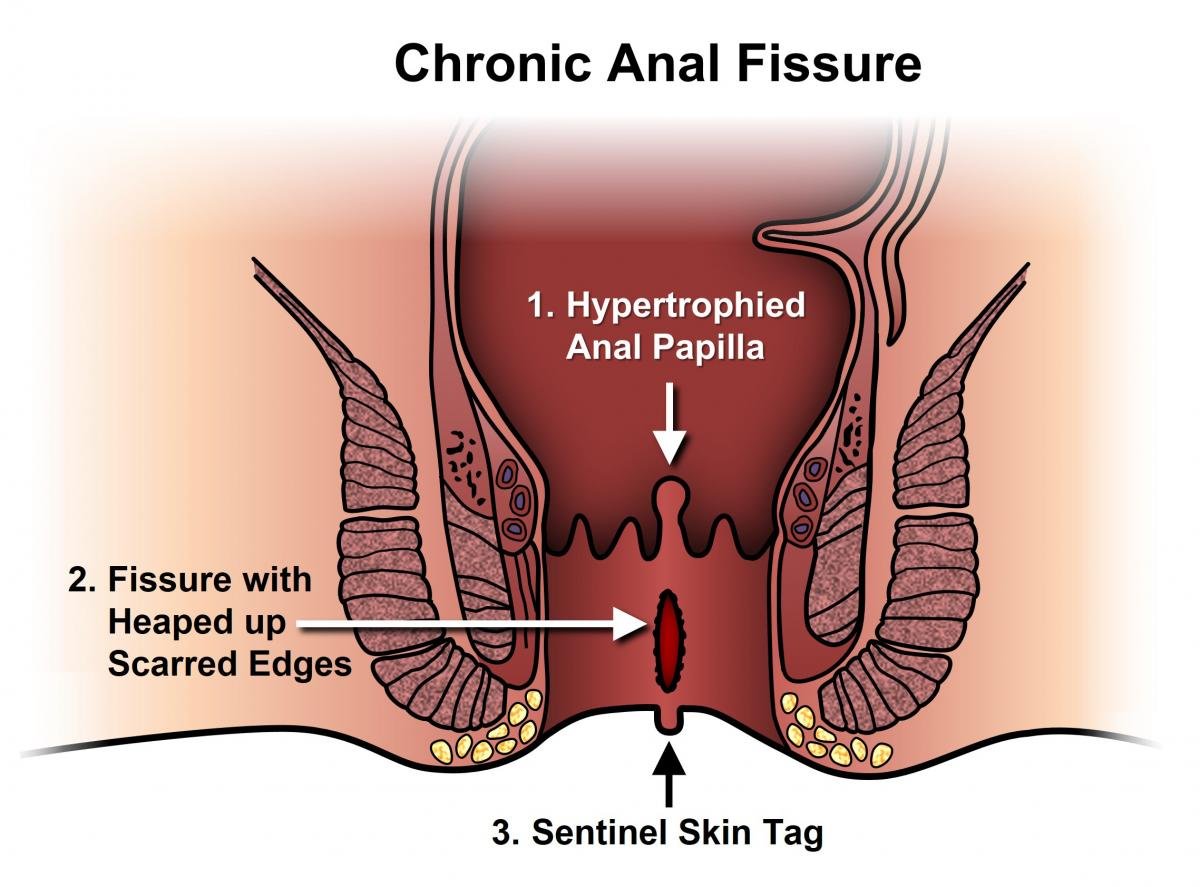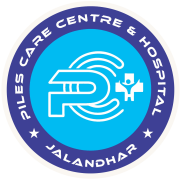ANAL FISSURES
What are Anal fissure(फिशर)?
Anal fissure(फिशर) is a painful condition affecting the anal area(गुदा नलिका). While they can be uncomfortable and distressing, understanding their symptoms, causes, and available treatment options can help individuals manage and alleviate the discomfort associated with anal fissures. An anal fissure(गुदचीर) is a small tear or crack in the lining of the anal canal. It usually occurs near the opening of the anus and can cause pain, discomfort, and sometimes bleeding during bowel movements. Fissures can be acute (short-term) or chronic (long-term).
Types of Anal Fissure(फिशर के प्रकार)
- Acute Anal Fissures: Acute fissures are typically short-lived and occur suddenly. They are often caused by trauma or injury during bowel movements, and they usually heal on their own within a few weeks.
- Chronic Anal Fissures: Chronic fissures are long-lasting and can persist for more than six weeks. They are often associated with underlying conditions and might require medical intervention to heal properly.
Causes of Anal Fissure(फिशर के कारण)
There are Several factors that can cause anal fissures,
- Constipation
- Straining during bowel movements.
- Passage of hard or large stools.
- Diarrhoea, which can irritate the anal lining.
- Anal trauma due to excessive cleaning or rough wiping.
- Conditions like Crohn’s disease or inflammatory bowel disease.
- Childbirth.
- Penetration
Symptoms of Anal Fissure(फिशर के लक्षण)
The symptoms of anal fissures can vary in severity and may include,
- Sharp, burning pain during bowel movements.
- Bleeding, often seen as bright red blood on toilet paper or in the toilet bowl.
- Itching and discomfort around the anal area.
- A visible tear or crack in the anal tissue.
Risks and Complications of Anal Fissure (फिशर के जोखिम और जटिलताएँ)
While most anal fissures heal on their own with proper care and management, they can lead to various risks and complications, especially if left untreated or if the underlying causes are not addressed. Some of the potential risks and complications of anal fissures include:
- Persistent Pain: Anal fissures can cause significant pain, especially during bowel movements. The pain may continue even after the bowel movement is over, leading to discomfort throughout the day.
- Bleeding: Anal fissures often cause bleeding, usually during bowel movements. While the bleeding is usually minimal and bright red, persistent bleeding could lead to anaemia over time.
- Spasm of Anal Sphincter Muscle: The pain associated with anal fissures can lead to spasm of the anal sphincter muscle, a condition known as anal sphincter spasm. This spasm can exacerbate the pain and discomfort.
- Infection: While rare, anal fissures can become infected if bacteria enter the wound. An infected fissure can lead to increased pain, swelling, and the need for medical intervention.
- Anal Stenosis: In some cases, the scar tissue that forms as an anal fissure heals can lead to anal stenosis, a narrowing of the anal canal. This can cause difficulty with bowel movements.
It’s important to seek medical attention if you suspect you have an anal fissure or if you experience symptoms such as pain, bleeding, or discomfort during bowel movements.
Prevention and Treatment of Anal Fissure (फिशर का इलाज)
Preventing anal fissures involves maintaining good bowel habits and hygiene:
- Consuming a high-fibre diet to prevent constipation.
- Drinking plenty of water to keep stools soft.
- Avoiding excessive wiping and using gentle, unscented toilet paper.
- Practising proper anal hygiene without harsh cleaning.
However if the pain and discomfort persists then you should seek an expert.
Embrace a holistic approach to healing at advanced natural The Piles Care Centre and Hospital in Jalandhar. They understand the physical and emotional challenges that anal fissures bring, which is why they’ve crafted a comprehensive strategy targeting the root causes of the condition. With a goal of providing effective and sustainable relief that empowers you to live life to the fullest..
What They Say
PATIENTS REVIEWS





